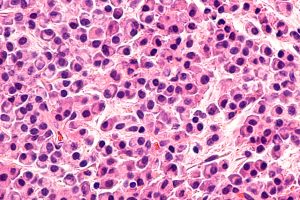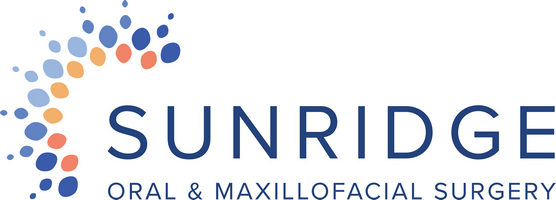I had a great experience, the staff are super nice and very informative. They made sure i was fine and asked if i had any questions, the surgery itself went perfectly smooth. I would recommend them to anyone needing oral surgery. Definitely had a positive experience.
Oral / Head & Neck Pathology General Information
 Head and neck pathology encompasses a wide range of both malignant and benign diseases that involve both hard and soft tissues of the head and neck region. Head and neck pathology includes both surgical and non-surgical diseases. Many of these conditions have systemic effects, which can impact a person’s general state of health.
Head and neck pathology encompasses a wide range of both malignant and benign diseases that involve both hard and soft tissues of the head and neck region. Head and neck pathology includes both surgical and non-surgical diseases. Many of these conditions have systemic effects, which can impact a person’s general state of health.
The inside of our mouth is lined with a special type of skin called “mucosa”. This mucosa is usually smooth and pink in color. Any condition that is a deviation from the normal appearance could be a warning sign for disease or a pathological process. Oral cancer is usually the most serious of these oral diseases.
The following can be signs to look for at the beginning of a disease process or cancerous growth:
- Red or white areas or patches on the oral mucosa (called erythroplasia or leukoplakia)
- Chronic sore throat or changes in speech
- Swallowing or chewing difficulties
- Slowly healing or non-healing sores
- Areas that bleed easily
- Lumps, bumps or thickening of the lining (mucosa) inside the mouth
- Pain
- Swelling
- Color changes of tissue
- Altered sensation
Our doctors are trained in diagnosing and treating both benign and malignant lesions of the oral and maxillofacial region. In addition to being dentists, physicians, and oral & maxillofacial surgeons, our doctors have received additional training in head and neck oncology (cancer) and reconstruction. Once an appropriate history is reviewed during your consult, and after a clinical exam and review of your history, your doctor may order additional tests such as blood work and imaging (Ultrasound, CT Scan or MRI) . When indicated, they may perform a tissue biopsy in order to make a diagnosis. Once a diagnosis has been established, they will explain the diagnosis in detail and will answer any questions you may have concerning the diagnosis. Further treatment recommendations may be either surgical or non-surgical.
Head and neck lesions that he evaluates and treats include, but are not restricted to:
- Oral cancer
- Benign aggressive tumors of the jaw
- Benign non-aggressive tumors of the jaw
- Benign non-aggressive cysts of the jaw
- Benign aggressive cysts of the jaw
- Growths of tooth origin
- Salivary gland disorders
- Facial Infections
- Maxillofacial manifestations of systemic and immune mediated disorders
- Facial pain conditions


